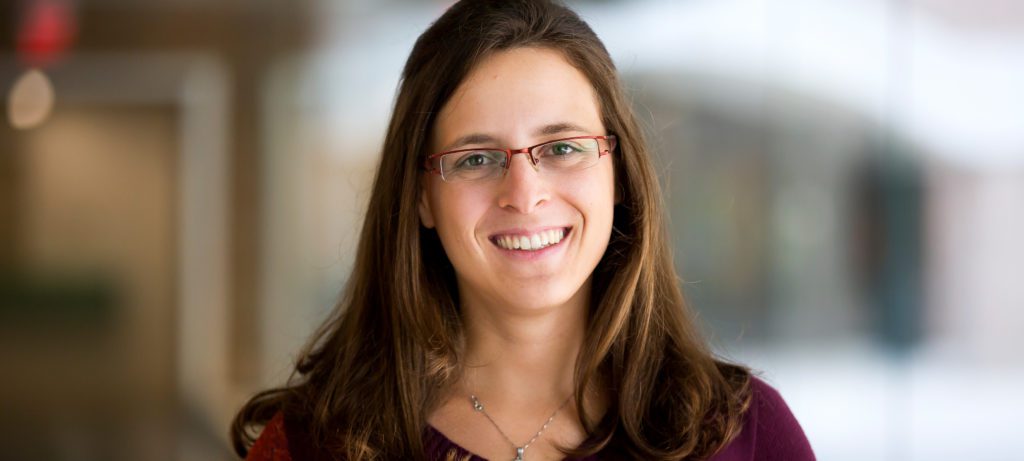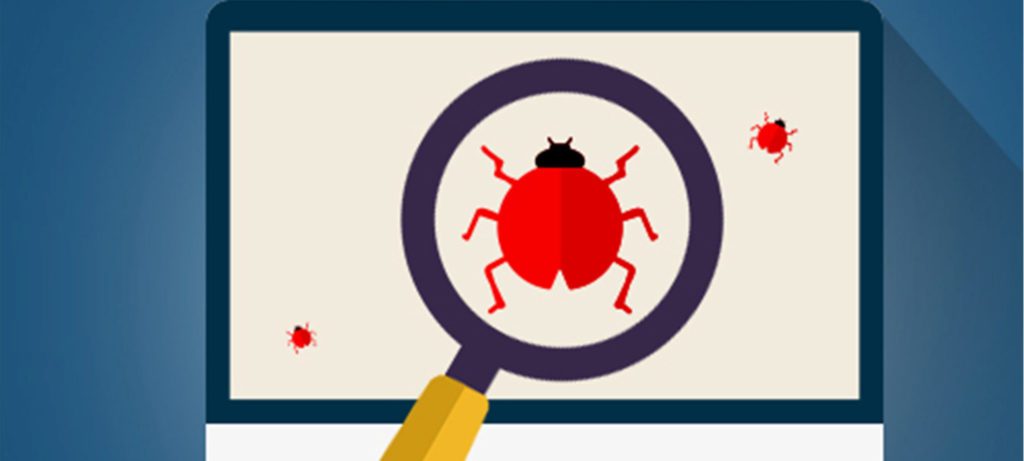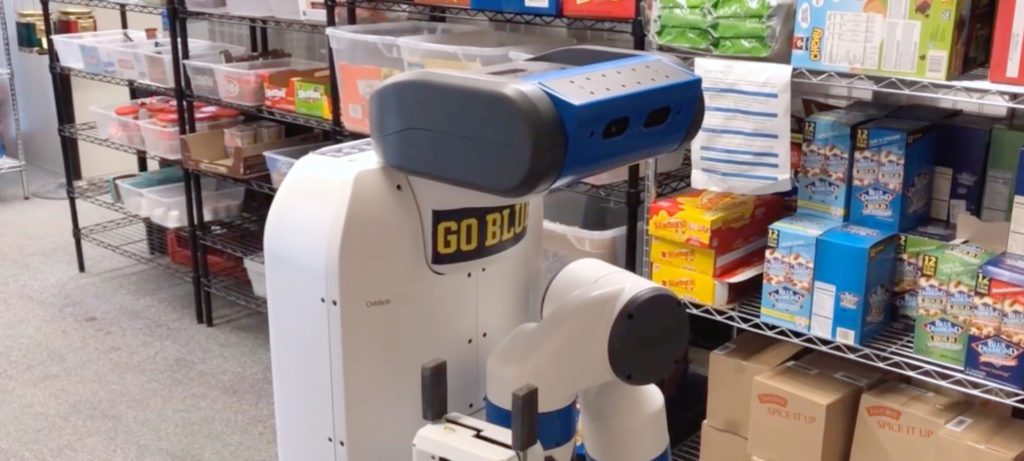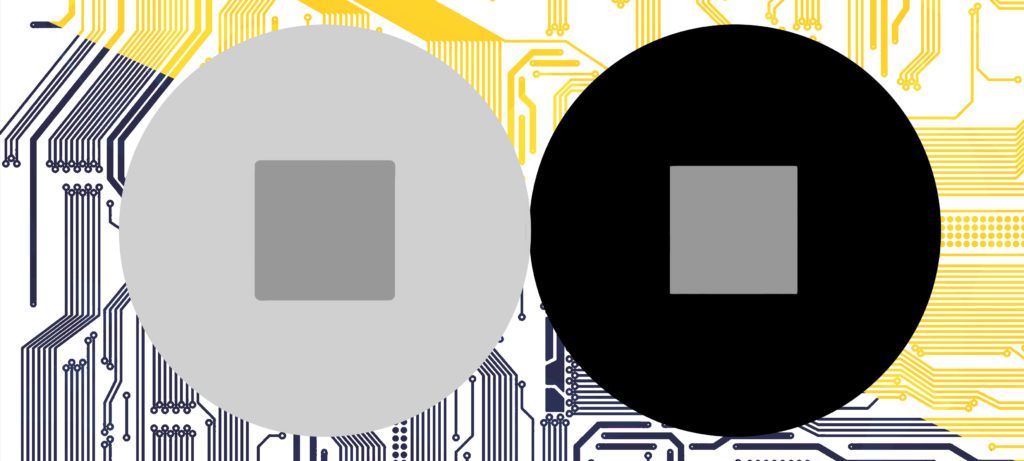Ironpatch could head off growing danger of security vulnerabilities in vehicle systems.
The post $1.8M DARPA project aims to protect cars, trucks and spacecraft from hackers appeared first on Michigan Engineering News.
Ironpatch could head off growing danger of security vulnerabilities in vehicle systems.
The post $1.8M DARPA project aims to protect cars, trucks and spacecraft from hackers appeared first on Michigan Engineering News.

The Rising Star Award is based on an individual’s whole body of work in the first five years after the PhD.

Kasikci will sift through the byproducts of hundreds of millions of common program executions to determine how this data can automate some key steps in bug finding and fixing.

The Center for Entrepreneurship profiles a team of EECS students, who are working to develop the next generation of delivery vehicles.
A Q&A with Chad Jenkins.
The post Technology that serves all: a single step could pave the way appeared first on Michigan Engineering News.

The model is a practical method for robots to look for target items in complex, realistic environments.

The virtual interviewer uses therapeutic writing techniques to help users cope with difficult situations.

The project, which received a best paper award, demonstrated that a certain bias in humans who train intelligent agents significantly reduced the effectiveness of the training.
Predictive model could help care providers stay safe, anticipate patient needs.
The post Faster than COVID: a computer model that predicts the disease’s next move appeared first on Michigan Engineering News.
Mower Provost talks about getting awards, doing industry research, understanding human behavior – and Star Wars.